

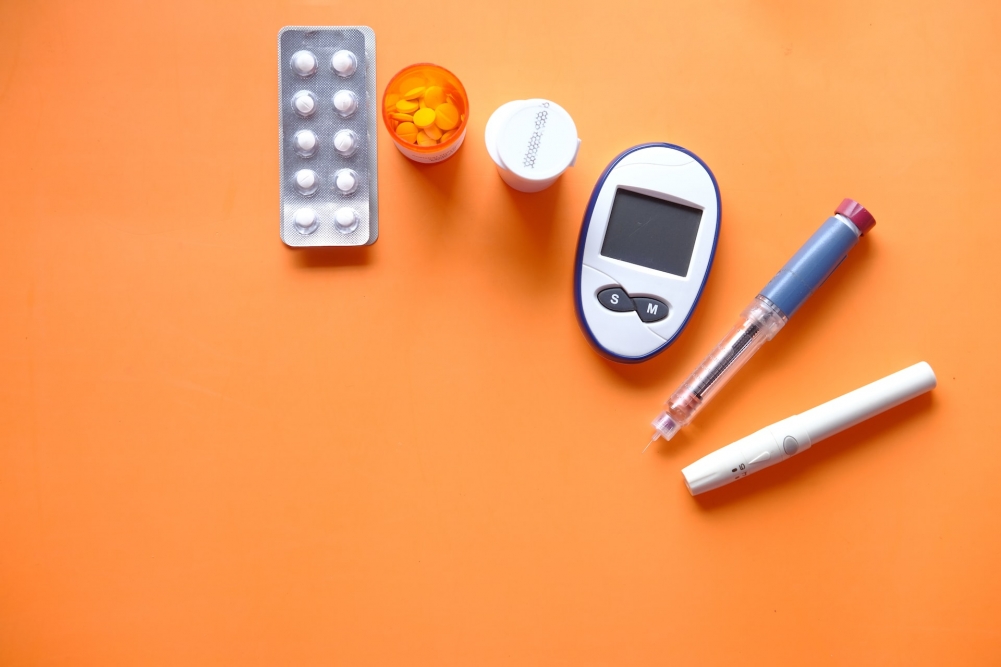
A study by Brazilian researchers analyzed risk factors and found that reducing smoking prevented most deaths from cardiovascular disease, while high blood sugar had the most significant impact on mortality.
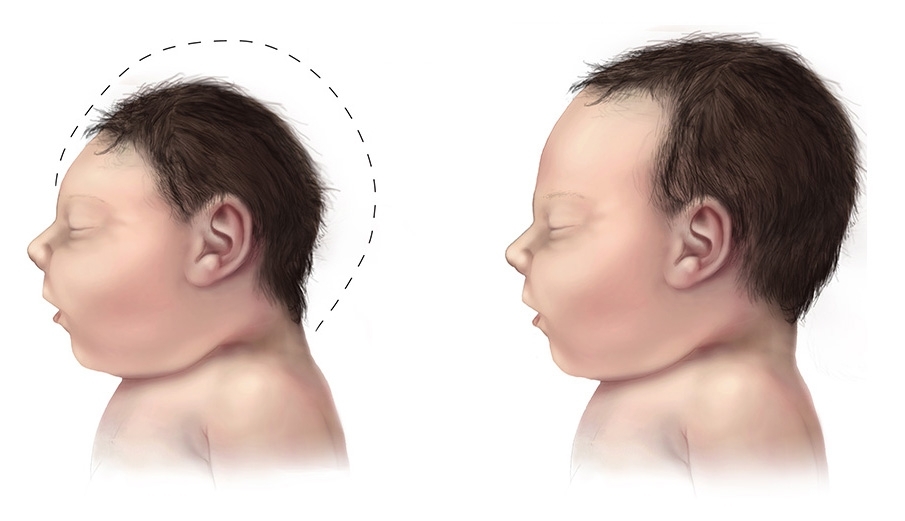
Proteomic analysis suggests zika virus causes alterations in the expression of proteins linked to the metabolism of developing neural cells, and proteins associated with the maturation of oligodendrocytes.
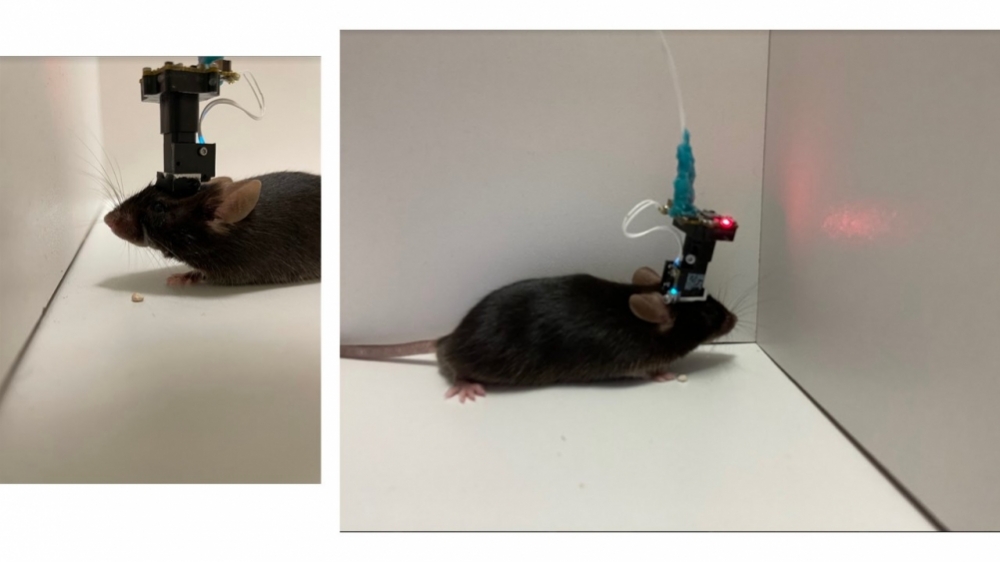
The study involved the use of biosensors, algorithms and open-source software to build a miniature microscope. The findings contribute to a better understanding of how our brains track and retain information about routes and learn new locations.

The results of a study conducted by Brazilian researchers will be useful both for epidemiological surveillance and to improve the treatment available to patients. An article on the study is published in PLOS ONE.

An international group of scientists presents this conclusion in an article in Nature Microbiology, warning that novel antifungal medications are urgently.
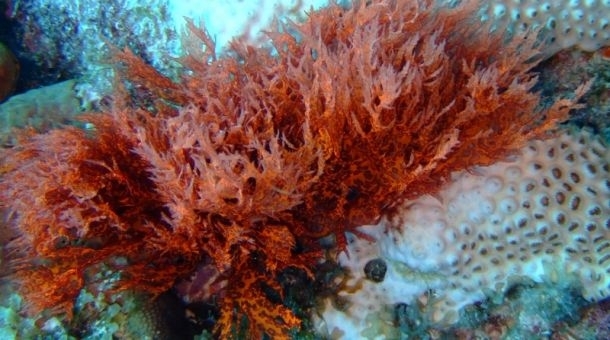
The topic was discussed on August 9 by Barry O’Keefe of the US National Cancer Institute during the FAPESP 60 Years School on Exact, Natural and Life Sciences. The other speakers on the second day of the event were José Nelson Onuchic of Rice University and Virgilio Almeida of the Federal University of Minas Gerais.
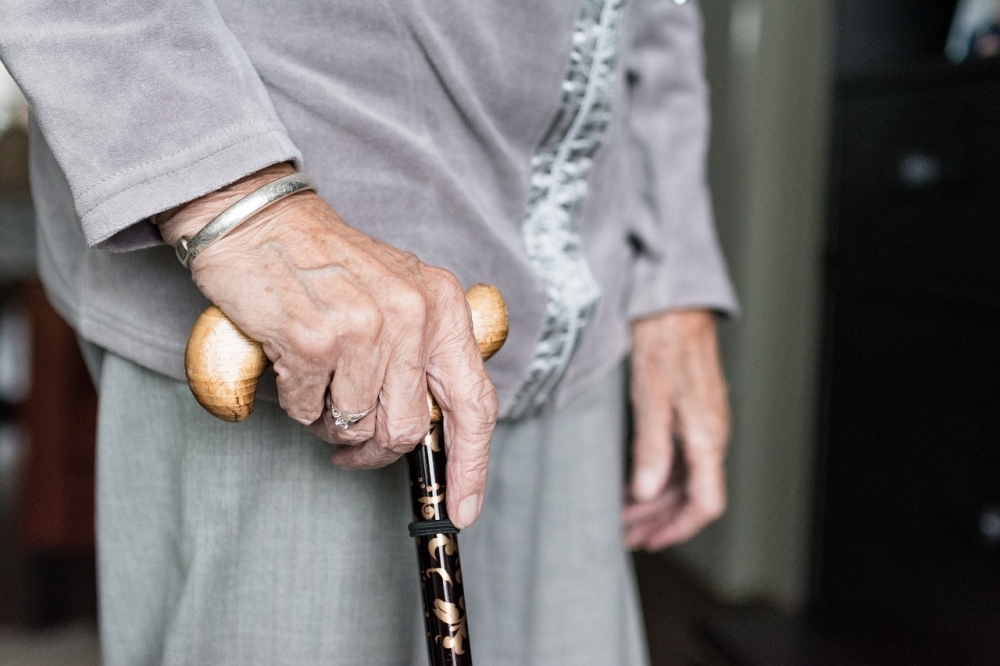
The combination is particularly dangerous for women, according to a study by researchers in Brazil and the UK who analyzed data for 5,310 people aged 50+ followed in a ten-year health survey.
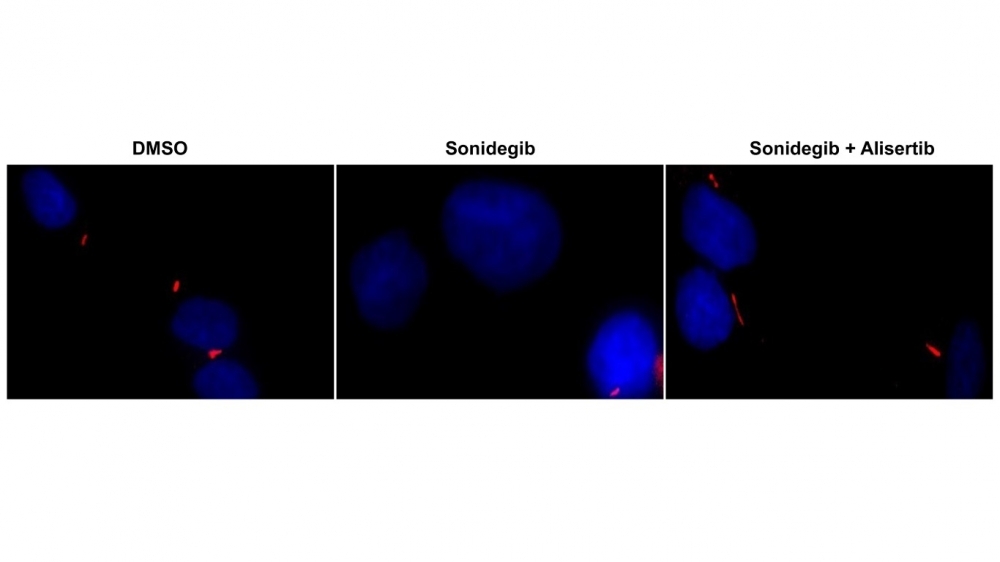
The type of ependymoma studied mainly affects children, has a low survival rate and has no specific chemotherapeutic treatment. A combination of two experimental drugs inhibited tumor growth in vitro.
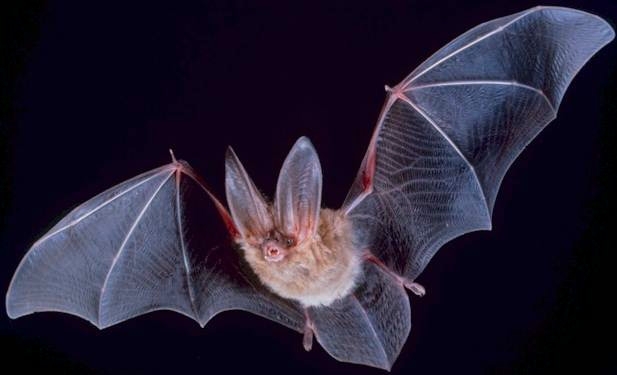
Researchers at the University of São Paulo in Brazil fed data for different coronaviruses into a machine learning model. The results reinforced the role of flying mammals as the first reservoirs of the virus that caused the COVID-19 pandemic. The tool can be used in future emergencies.
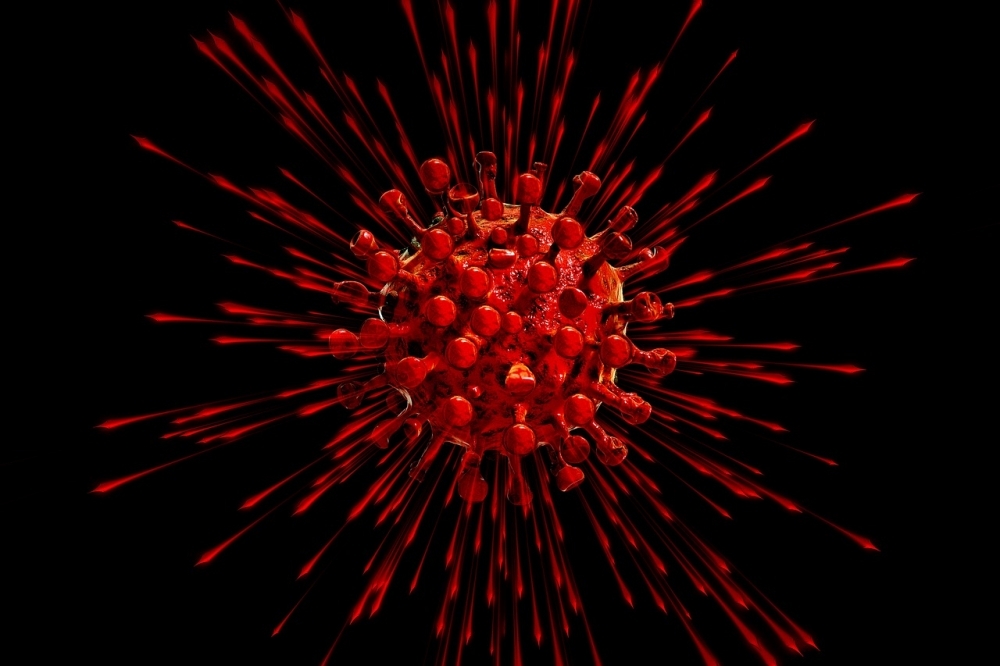
While some patients die with a high viral load and little inflammation, others succumb to inflammatory complications that arise after the virus is eliminated from the organism. According to scientists at the University of São Paulo, lasting inflammasome activation is key in such cases. The findings can be used to develop personalized therapeutic approaches.

In a webinar held to present the third chapter of the book published by the São Paulo State Academy of Sciences to commemorate FAPESP’s sixtieth anniversary, specialists showed that protection of terrestrial and marine environments contributes to food production and job creation, among other benefits.
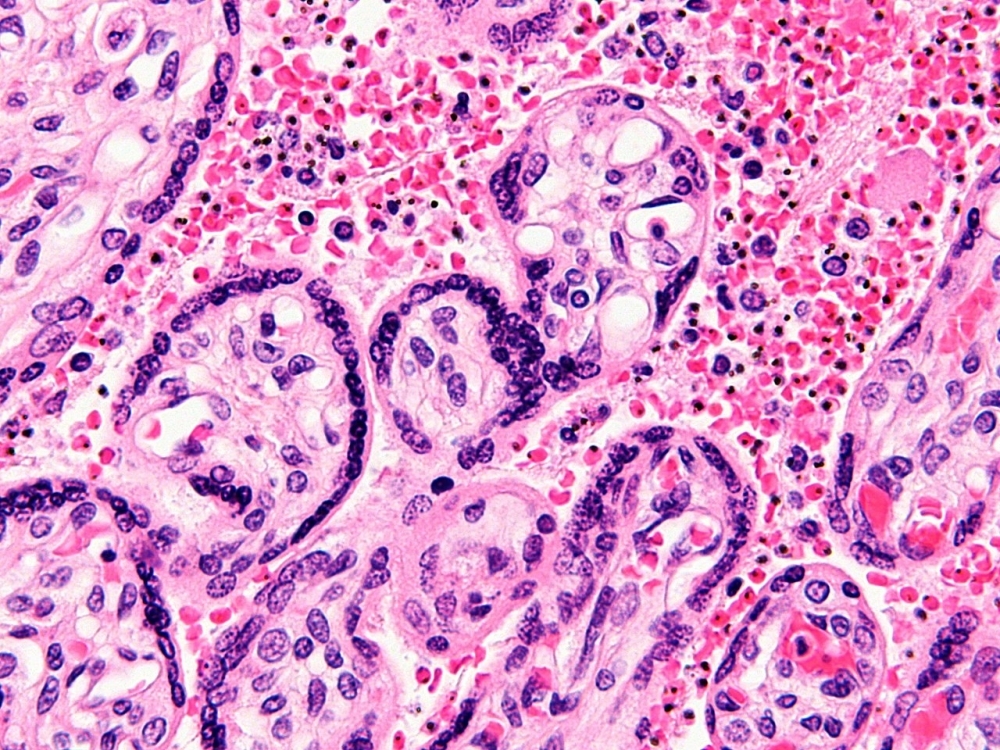
A study published in Lancet Regional Health – Americas will help improve actions to combat this public health problem in the North of Brazil.
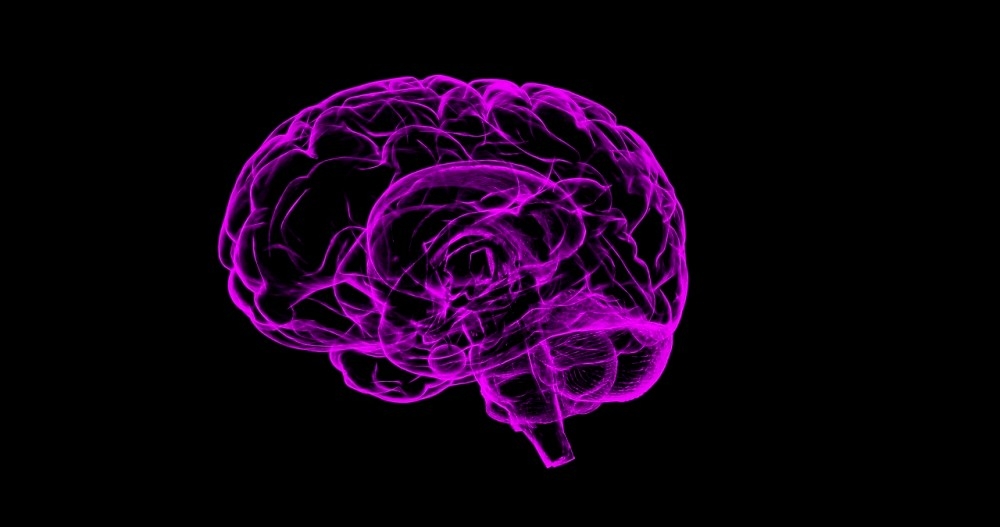
Researchers at the University of São Paulo in Brazil followed up hundreds of COVID patients after discharge from hospital in São Paulo City. Tests conducted six months later showed that those with the most severe sensory disorders also performed worse in tests of cognitive functions, especially memorization.
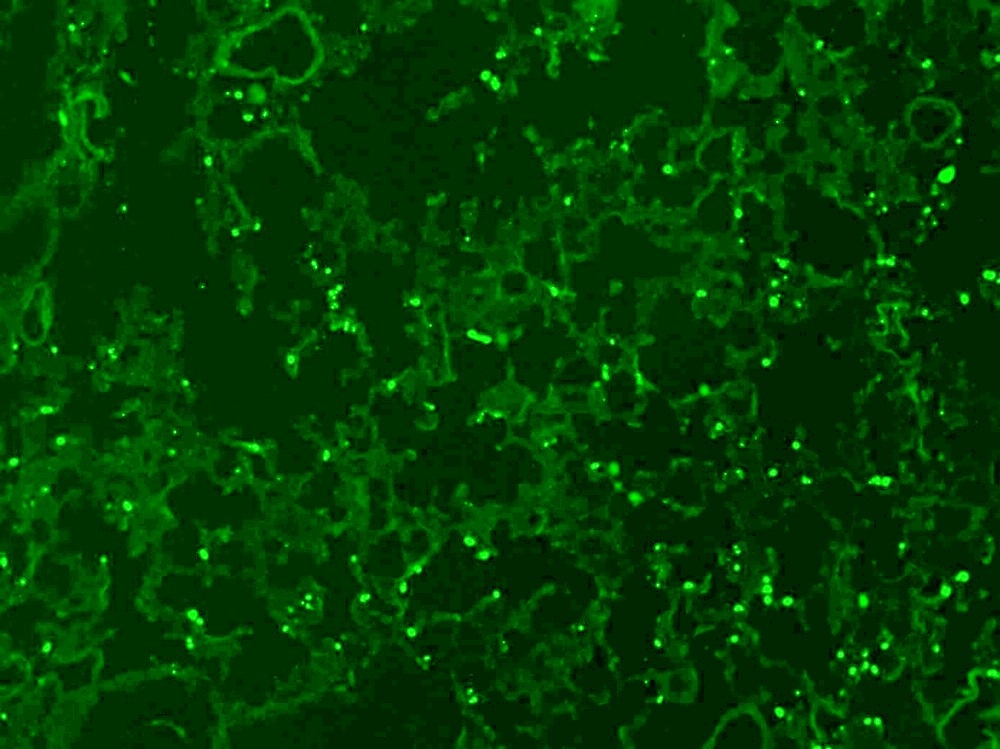
Researchers at the University of São Paulo tested a therapeutic intervention that proved capable of reducing the mortality rate from MA-ARDS in experiments on mice. The findings point to an avenue for the development of novel treatments for human patients.

Researchers at the University of São Paulo showed, through experiments on animals and genetically modified cells, that this type of cancer advances more slowly when the light-sensitive molecule known as melanopsin is deactivated. The discovery could point to novel therapeutic strategies.
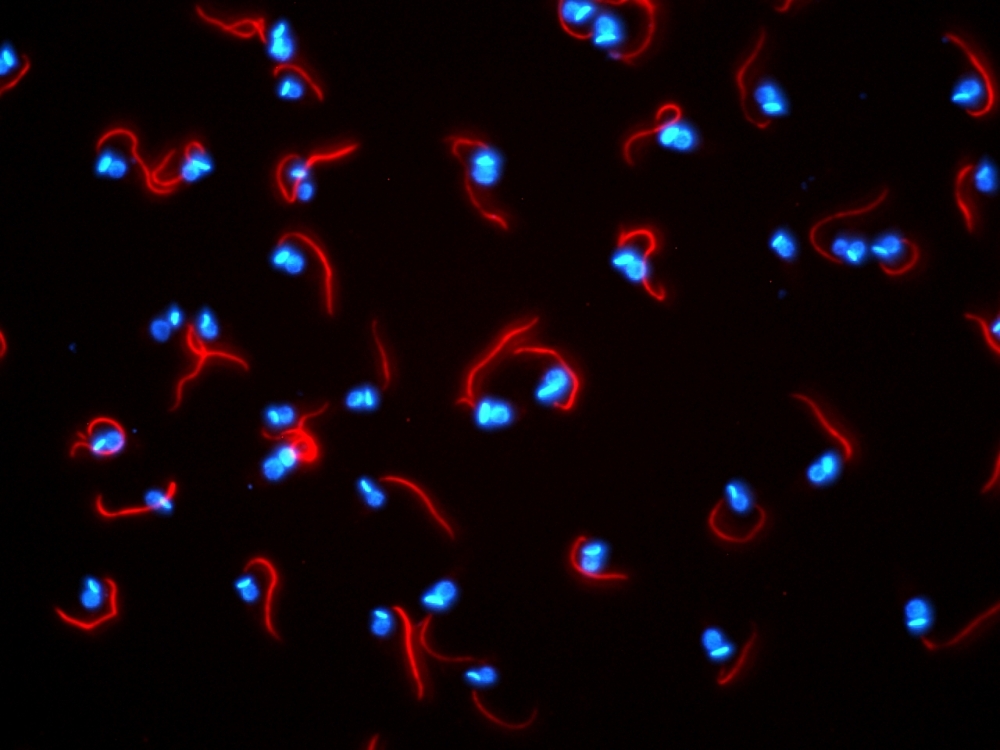
Double-strand DNA breaks cause cell damage in several organisms, but apparently play a key role in the lifecycles of species that cause Chagas disease, sleeping sickness and leishmaniasis. The results of the study pave the way to the development of more effective treatment.
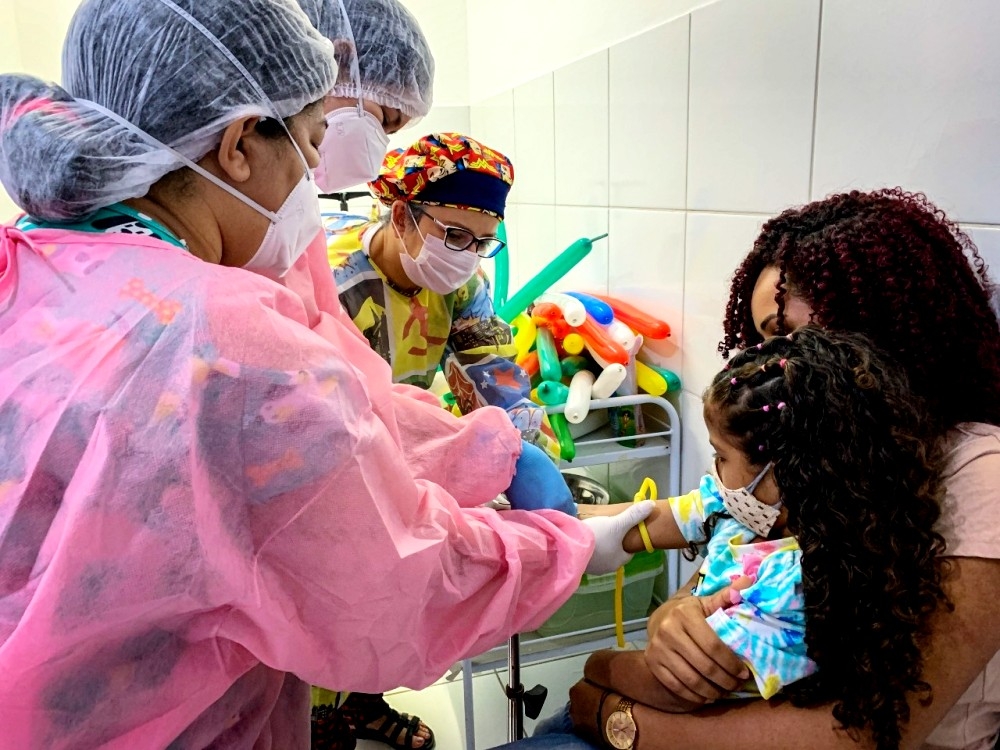
In a longitudinal survey of children born in 2015 and 2016 in a city in Acre State, North Brazil, over half of the participants reported experiencing hunger in the previous month. The occurrence of symptoms also correlated with social vulnerability, and with the mother’s schooling and skin color.

Brazilian researchers have developed an algorithm to identify the protozoan Trypanosoma cruzi in photographs of blood samples taken with a mobile phone camera. The low-cost method is described in the journal PeerJ and can be reproduced.
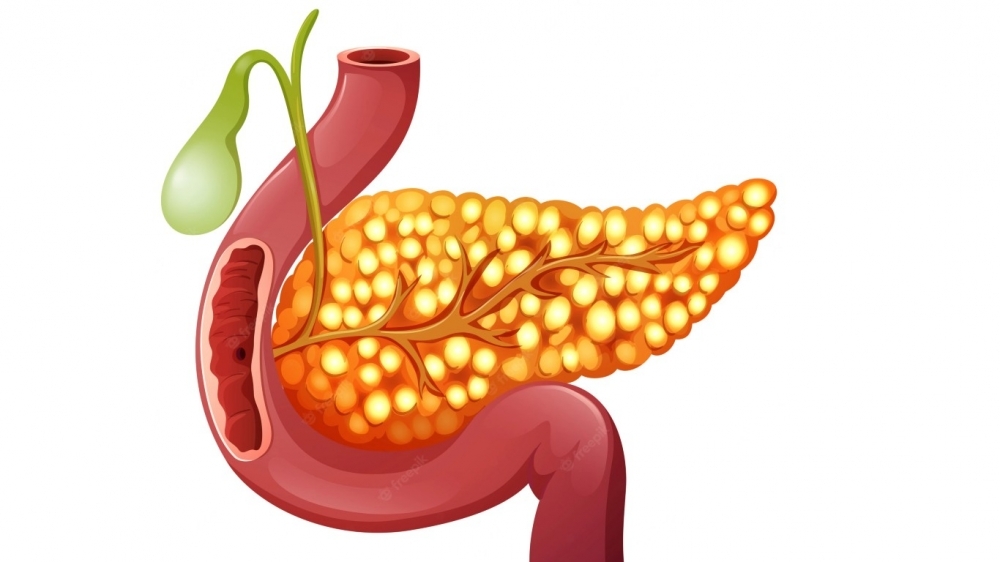
Researchers at the University of São Paulo analyzed the expression of long non-coding RNAs, the type that does not give rise to proteins, in samples from patients and tumor cell lines, identifying a group of genes with augmented expression in pancreatic cancer.
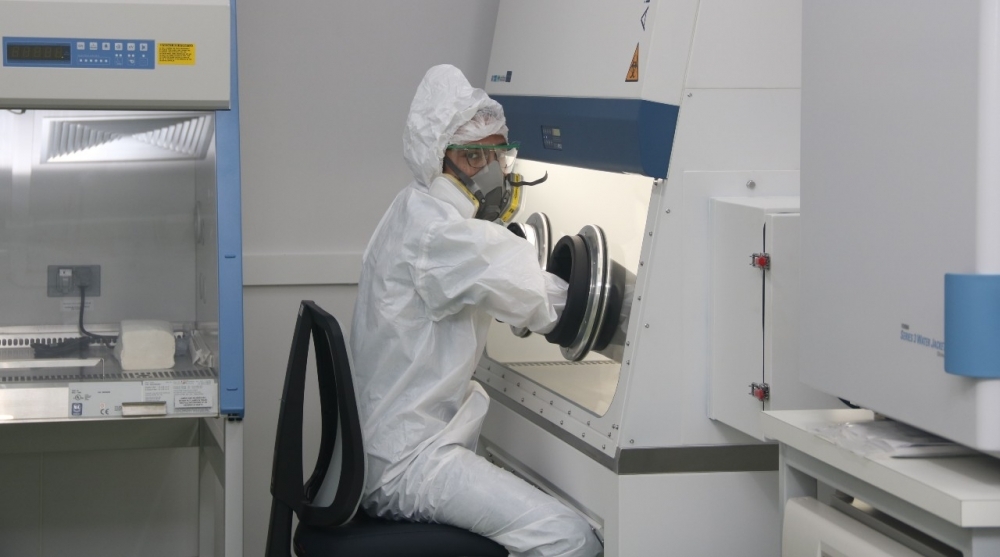
The agreement was signed between the University of São Paulo, the state government and Pasteur Institute at an event held to celebrate the 200th anniversary of Louis Pasteur’s birth and FAPESP’s 60th anniversary. FAPESP renewed and expanded its support for the Scientific Platform Pasteur-USP, which will host the new research unit.
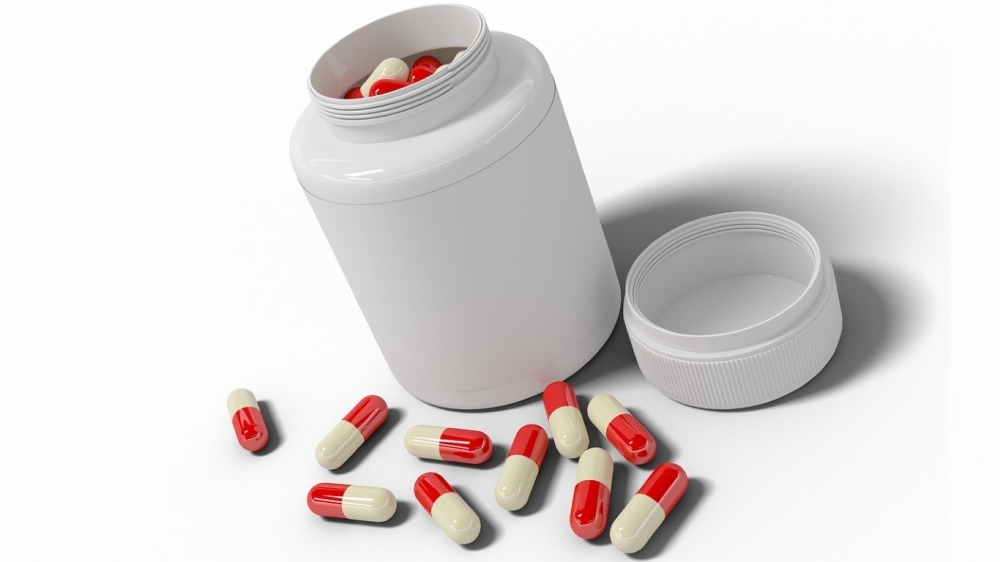
A clinical trial involving women aged 55-70 suggests that supplementing diet with this nutrient can reinforce the organism’s antioxidant defenses and possibly reduce the risk of cardiovascular disease, diabetes and high blood pressure. Studies with more volunteers are needed to confirm the effect.
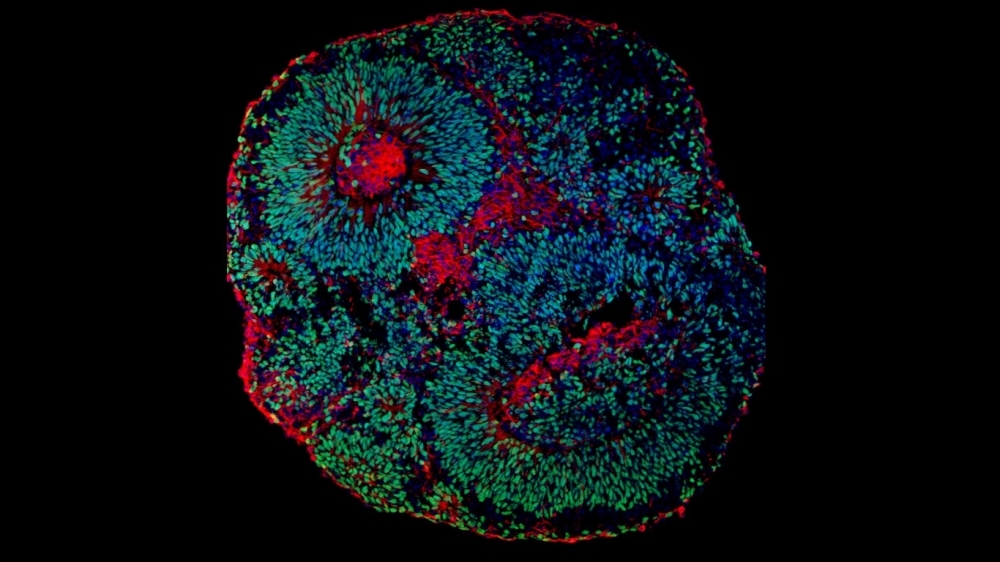
Researchers at the State University of Campinas and the University of California San Diego have discovered the mechanism that causes this rare but severe autism spectrum disorder. They reversed progression of the syndrome in laboratory models, opening up new possibilities for treatment using drugs and gene therapy.
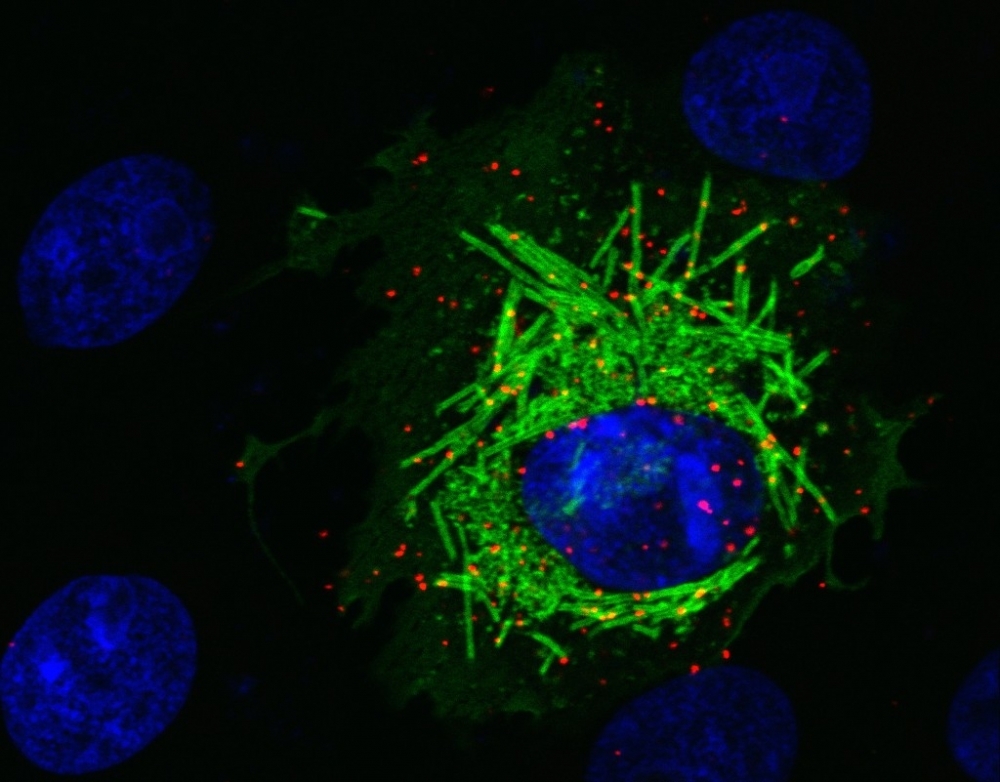
Brazilian researchers have discovered that PCNA, a protein present in the nuclei of human cells, interacts with the SARS-CoV-2 membrane matrix protein M. In laboratory tests, inhibition of this mechanism using a drug reduced viral replication by 15%-20%.
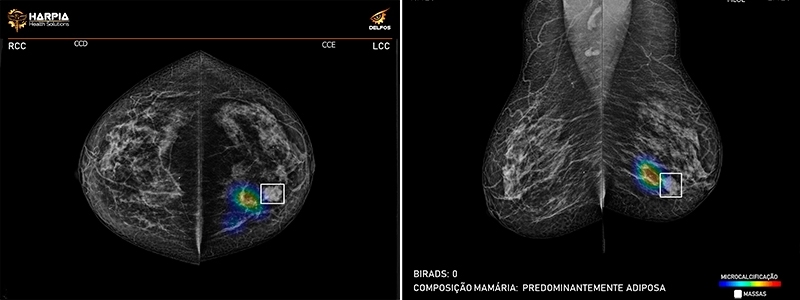
A startup supported by FAPESP has developed a technology based on artificial intelligence that can reduce the time to produce a diagnosis by 40%.
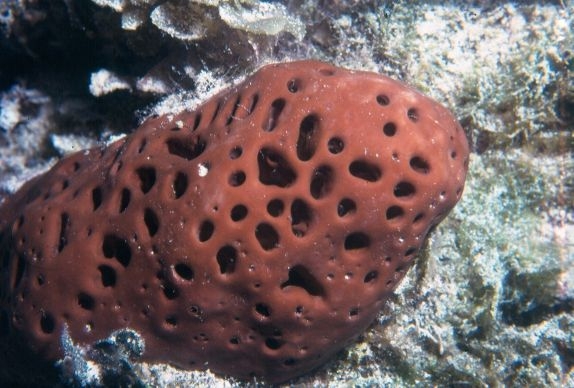
Several substances that killed antibiotic-resistant bacteria were found by Brazilian researchers in a marine sponge native to Fernando de Noronha, an archipelago off the coast of the Northeast.